The United States has reached an agreement with Pfizer to buy an additional 500 million doses of its COVID-19 vaccine to donate to various countries, President Joe Biden announced Wednesday.
“We know we have to act to save lives now,” Biden told a virtual COVID-19 summit that his administration convened when world leaders and business executives.
The doses will be donated to low- and lower-middle-income countries around the world,” a senior administration official, who was speaking to reporters on the condition they were not identified, told reporters in a call. They’re all Pfizer doses.
The tranche will be made in the United States and will start shipping out in January 2022.
So far, nearly 160 million doses have been sent out to 100 countries around the world, including Peru, Pakistan, Sri Lanka, Sudan, El Salvador, and Ethiopia.
“The United States is donating 1.1 billion doses of COVID-19 vaccines to the world, free of charge, no strings attached,” the official said. “This is a huge commitment by the U.S.”
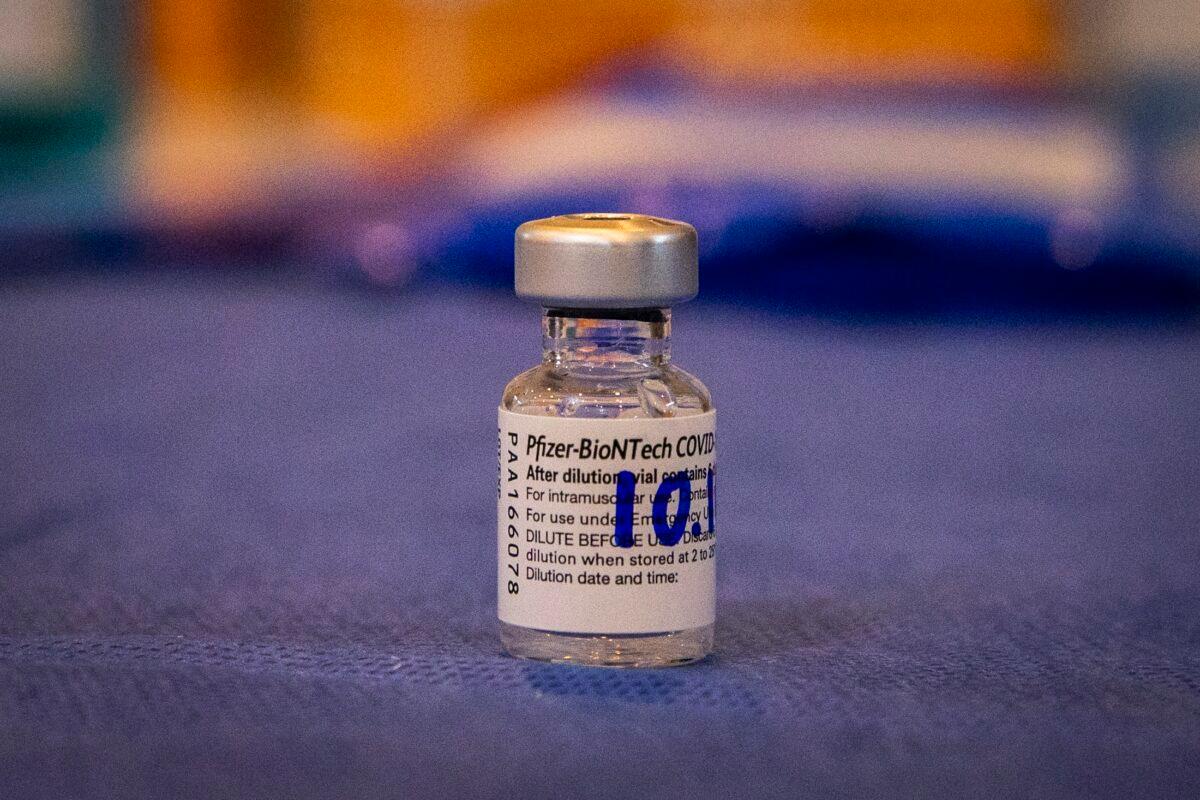
As with the first Pfizer tranche, the United States is paying a price that was not specified but was described as a “not-for-profit price.” They'll be distributed through the COVID-19 Vaccines Global Access, a global effort aimed at providing access to COVID-19 vaccines.
The agreement “will enable way more equitable access to our vaccines,” Pfizer CEO Albert Bourla said on CNBC’s “Squawk Box.”
Biden during the summit called on other “high-income countries to deliver on their own ambitious … pledges.”
Before the summit, U.S. officials sent a list of targets to summit attendees that includes the goal of achieving a 70 percent world vaccination before the 2022 United Nations General Assembly meeting.
The announcement comes after the United States and a handful of other countries received criticism from some officials, such as World Health Organization chief Tedros Adhanom Ghebreyesus, for pushing to give people third and even fourth doses of Pfizer and Moderna COVID-19 shots.
The officials argue the focus should be on vaccinating the unvaccinated, particularly in poor countries that don’t have much access to the vaccines.
U.S. officials have pushed back, saying the boosters can be administered at the same time first shots are given to people around the world.
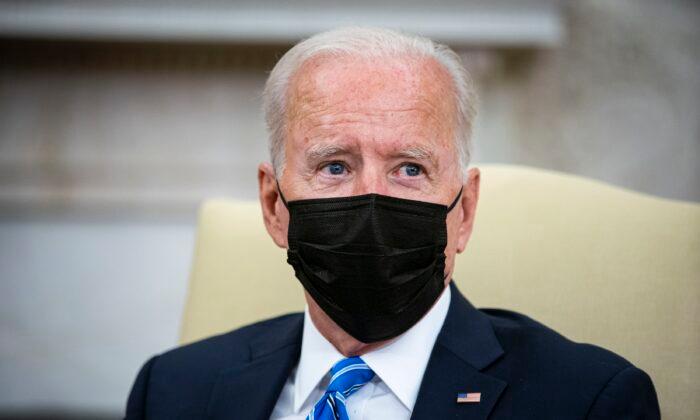

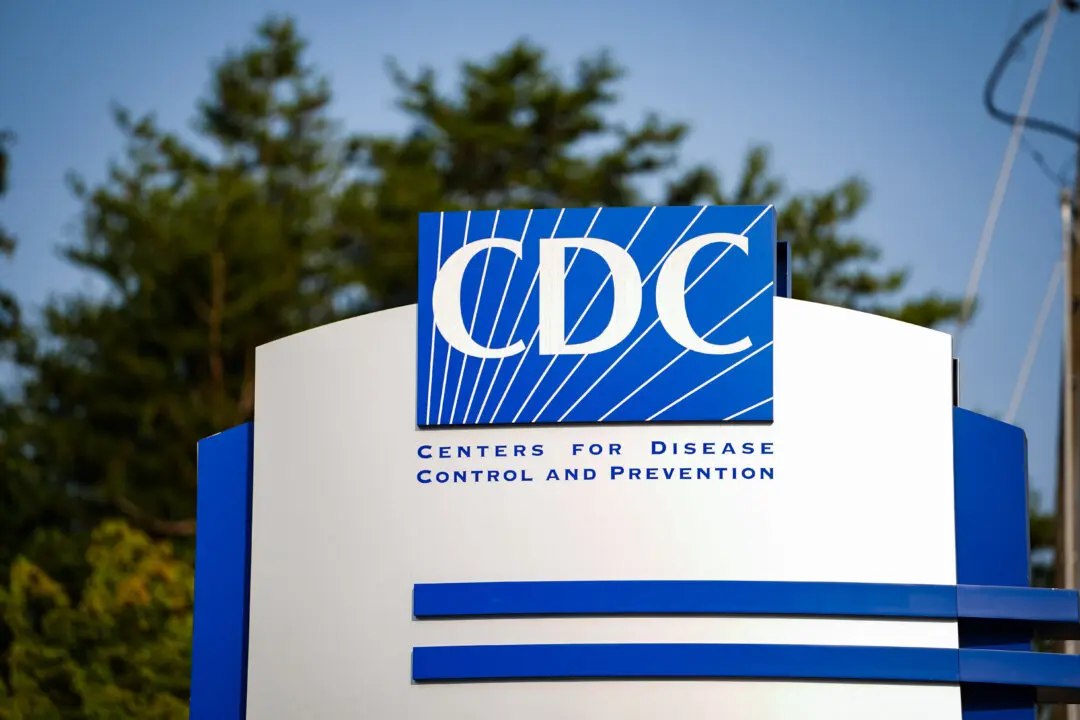
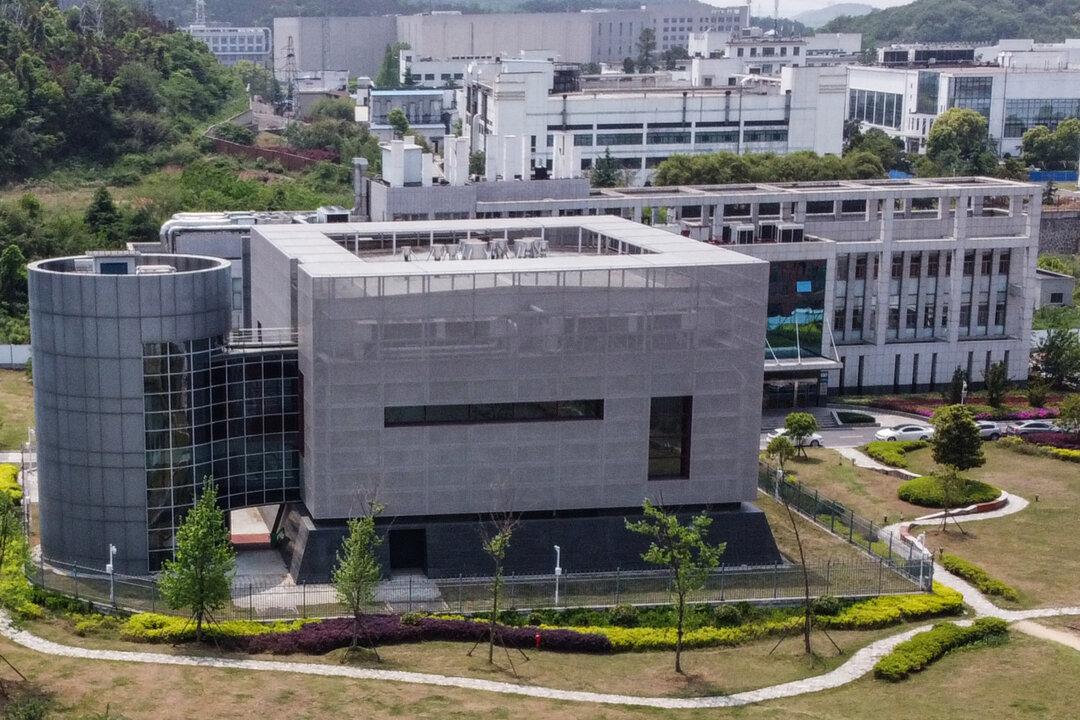
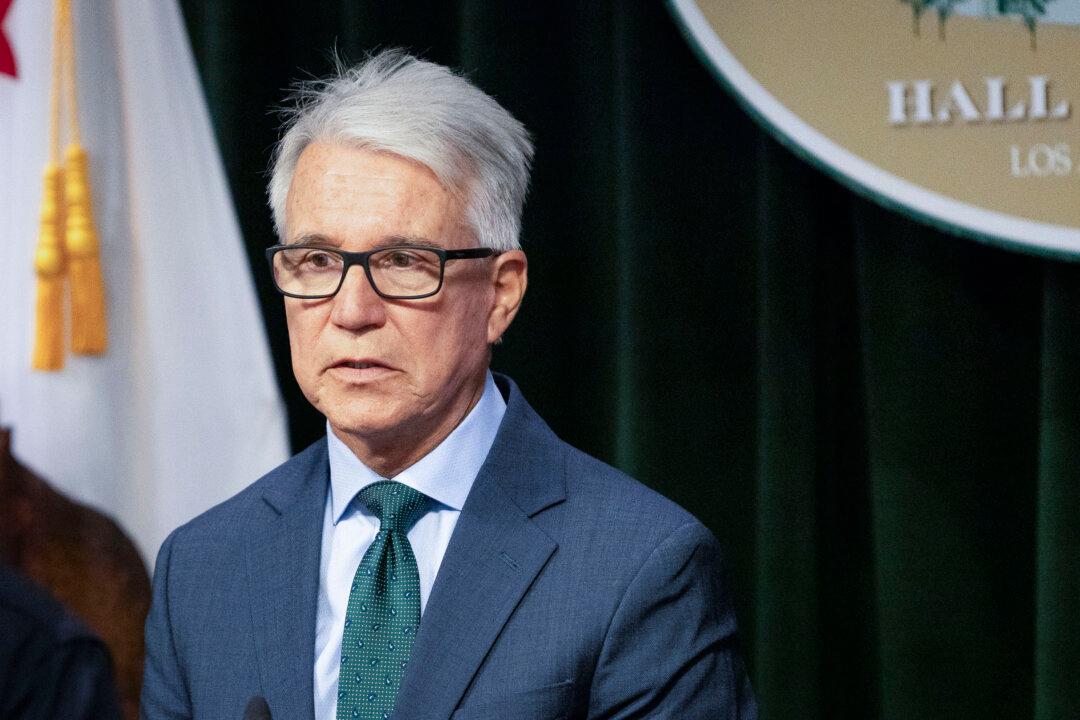
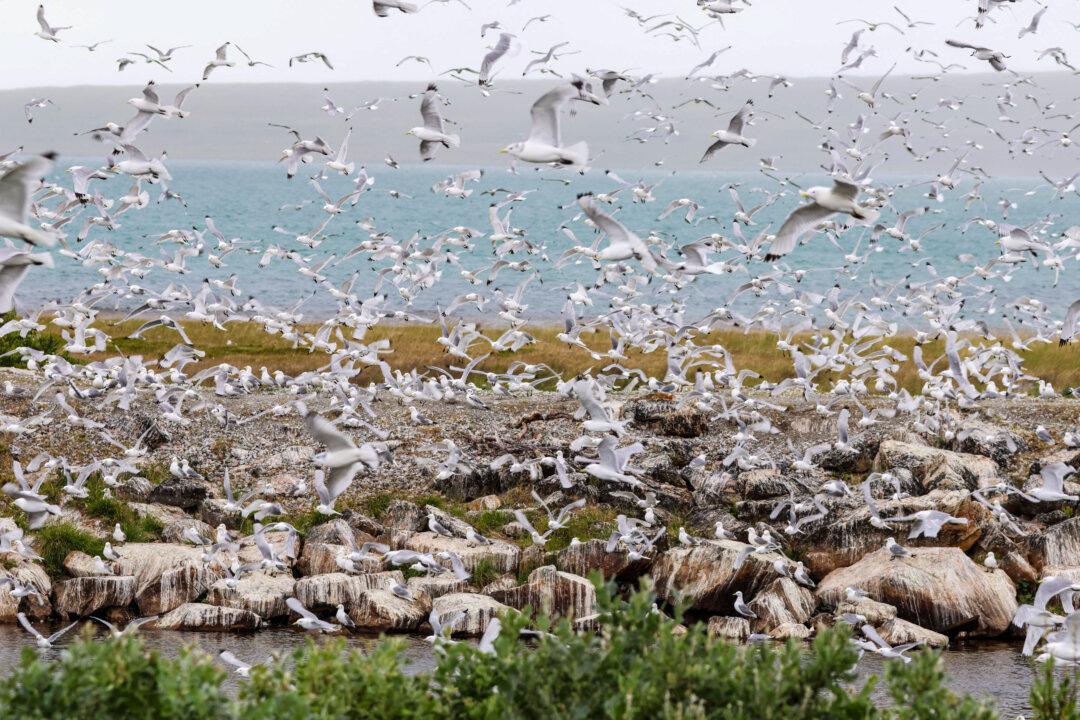
Friends Read Free